Top EHR vendors. Learn about Allscripts, athenahealth, Epic, Cerner, NextGen, Practice Fusion, GE Healthcare, McKesson, Greenway Health, MEDITECH, and eClinicalWorks.
Read moreTop EHR Vendors 2025 – Epic, Cerner/Oracle, Meditech, Allscripts
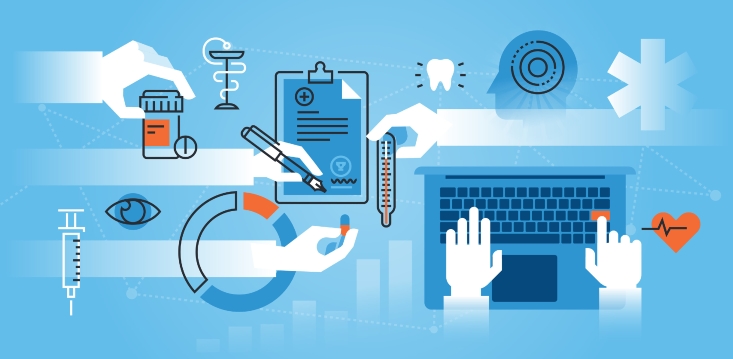

Top EHR vendors. Learn about Allscripts, athenahealth, Epic, Cerner, NextGen, Practice Fusion, GE Healthcare, McKesson, Greenway Health, MEDITECH, and eClinicalWorks.
Read more
Healthcare IT certifications for 2025. Check out the top certifications that can help you jump start your technology career in 2025.
Read more
One of the reasons why Epic Systems has become the technology leader in healthcare organizations is that they have built an integrated platform for almost all areas of care. Learn about the major modules, applications, and patient engagement tools from Epic. EpicCare Ambulatory, Epic Hyperspace, Cadence, Stork, MyChart, Epic Healthy Planet, Epic OpTime, Cupid, Epic Radiant, Epic ClinDoc, Chronicles, Epic ASAP.
Read more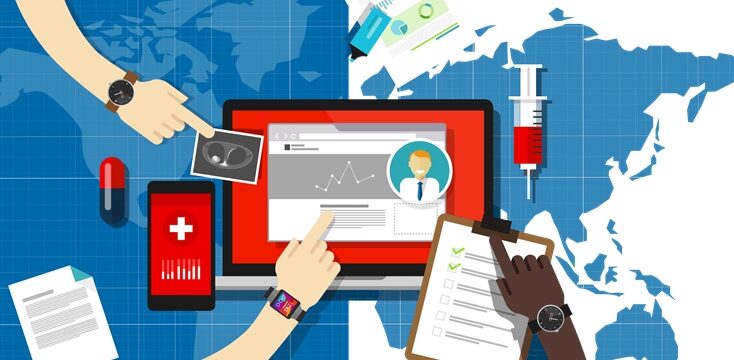
The enterprise master patient index is a database that maintains a definitive record of all patients within a healthcare organization. It is used within an overall process called in healthcare. The EMPI is used to
Read more
I usually reserve posts about the state of the industry for the new year, but since there have been a lot of changes this year, I see the need to share my thoughts on the
Read more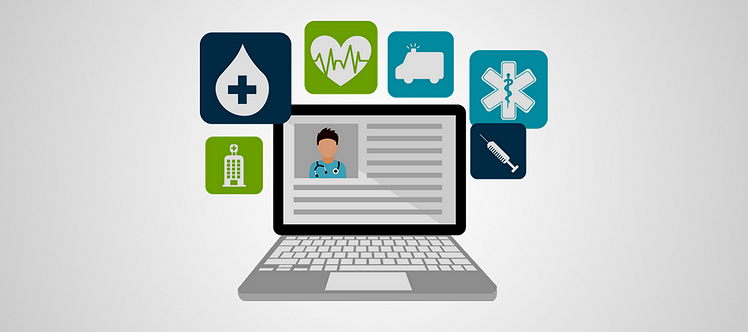
A Health Information Exchange (HIE) is a technology solution that enables Healthcare providers and organizations to share patient information electronically between systems that would otherwise not be connected. If you as a patient receive care in a different city, state, or even country…
Read more
How is healthcare information technology helping with coronavirus (COVID-19)? Video visits, patient portals, data analytics are all helping.
Read more
What is real time eligibility (RTE) or electronic patient eligibility verification? Here is a quick description of the technology and process or RTE in a clinical setting.
Read more
What is clinical decision support? Learn about how clinical decision support tools help clinicians to make smarter decisions using data that is relevant to the care being delivered.
Read more
Here is the truth about Epic certification, and how to get Epic certified. Proficiency vs certification and Epic go-live support jobs.
Read more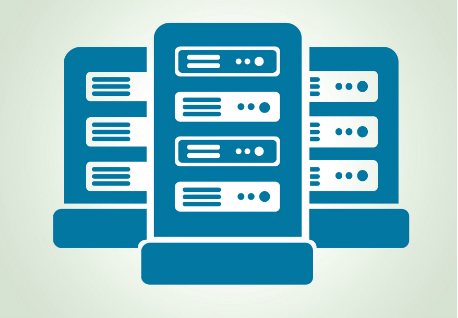
Learn about how large scale Healthcare IT systems are configured to provide for testing, training, and deployment functions.
Read more
If you are struggling to find a great career path, a career in Healthcare Information Technology could be what you’re looking for. Here are seven great things about working in Healthcare IT.
Read more
My first experience with any kind of significant coding came during the dot-com boom and bust of 2000. I had been working as a Project Manager with an Internet commerce company, then experienced my only layoff ever when the tech bubble busted…
Read more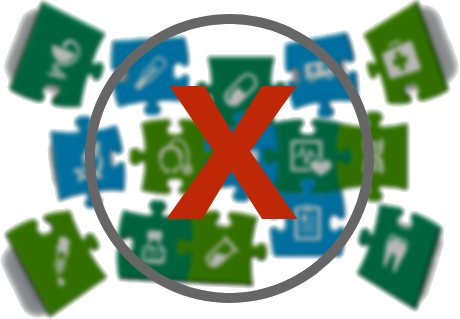
In the last twenty years, healthcare information technology has radically changed the way health services are delivered and managed. Here are some areas where healthcare technology has not lived up to expectations.
Read more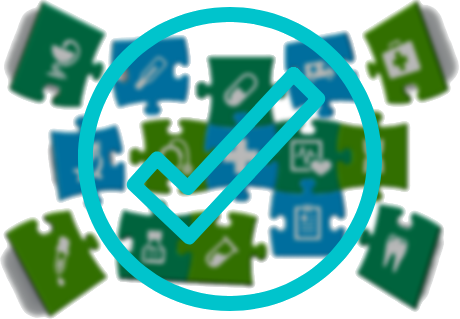
Ever since the early days of Health Information Technology, industry experts and observers have discussed the potential of using technology to improve patient care, reduce costs, share information, and increase patient satisfaction. Has Healthcare IT succeeded in these goals?
Read more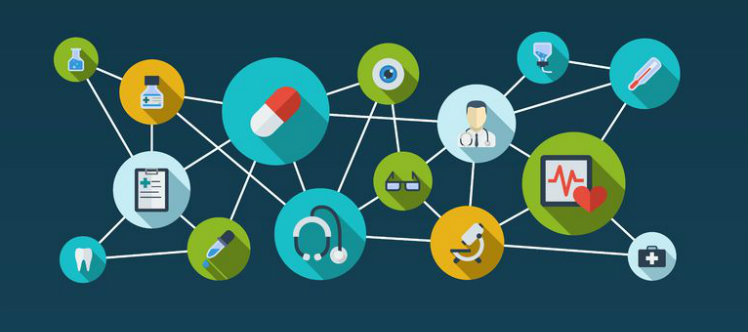
What is Interoperability in Healthcare, and why is it important? Describes key concepts of Interoperability: Foundational interoperability, Structural interoperability, & Semantic interoperability.
Read more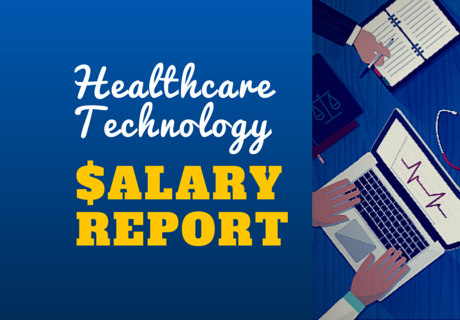
Do you know much can you really make working in Healthcare IT? Find out here with recent data from this health information technology salary report. We’ll look at salaries for project managers, applications analysts, clinical trainers, and cover different parts of the country.
Read more
What needs to happen when a new department comes on board in a healthcare organization? The ultimate guide to launching a new Health IT department.
Read more
Can social media really help you get a job in healthcare technology? You bet! Pick up some tips here for your healthcare IT job search.
Read more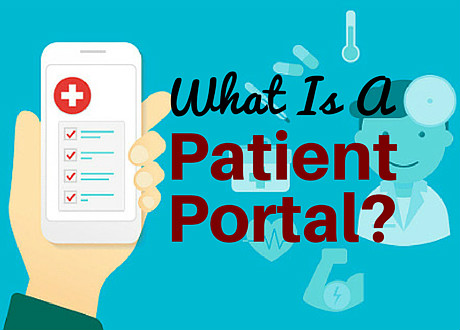
What is a patient portal, and what can it be used for? Do patient portals make communications with physicians any easier? Found out here, and learn about the top patient portals.
Read more
If you want to get into Healthcare IT, a clear path may be to move from another hospital department into IT…
Read more
Clinical Terminology For Healthcare IT. Learn key clinical terms that can help if you are a technical person who wants to know more about Healthcare IT.
Read more
Did you know that one of the hottest jobs in Healthcare IT is the Clinical Application Specialist? What does a Clinical Application Analyst do, and how much does it pay?
Read more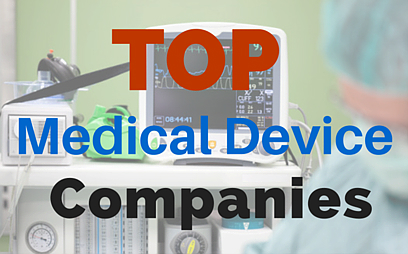
In a hospital IT department, it’s important to have an understanding of the medical devices that are being used in your organization. Many of those devices communicate data to and from many other systems, including electronic medical records. IT staff will work with the device engineers and Biomed technicians to configure communications settings, validate data, and refine workflow tasks.
While most of the companies covered here have operations and products outside the device area (sometimes many), some don’t have much of a connection to a hospital IT department.

This post explains what discrete data is, and why you should care. Healthcare data can be life and death, so this is important.
Read moreDirect Secure Messaging is a technology that allows Healthcare providers to communicate patient data (med updates, labs, and more) through secure channels.
Read more
What is IT Help Desk Software? Here is where you learn how tickets get created, routed, escalated, and solved in a IT service desk environment.
Read more
Learn about the Epic Credentialed Trainer position. This can be your chance to break into Healthcare Information Technology.
Read more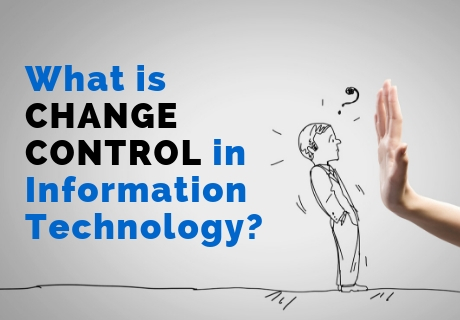
The Information Technology department of many hospitals likely supports a hundred or more applications: everything from the electronic badge system for clocking in, lab software, pharmacy software, all the way to critical monitoring software for patients in the ICU. At any given time, any number of these systems may be in the process of major or minor upgrades, bug fixes, feature changes, and configuration changes. At the end of the day, responsibility for the success of these systems lies with the application analysts, their managers, and ultimately, the Chief Information Officer (CIO)
Read more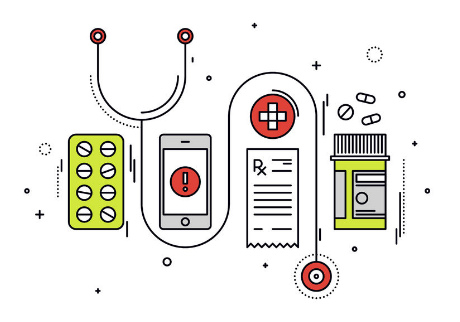
What is a bidirectional interface? Explains the concept using the example of an immunization registry, labs, and medication dispenses.
Read more